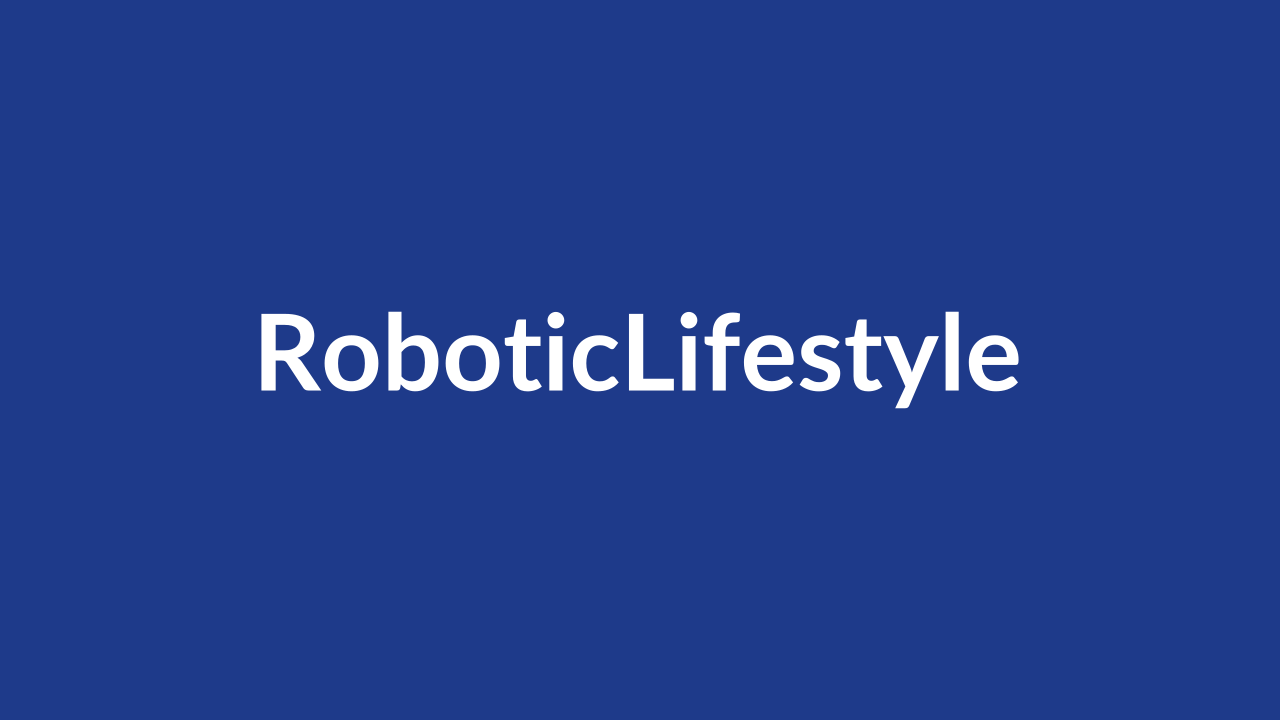
The Future of Browsing: Opera Neon and the Rise of AI in Web Browsers
By Riley Hart
Opera's AI browser, Neon, is now available for $19.90 per month, offering unique AI features. The browser includes specialized AI agents that streamline specific tasks. The rise of AI in web browsing could mean a shift in how we navigate and interact with online content.
The landscape of web browsing is evolving at an unprecedented pace, driven by advancements in artificial intelligence (AI). One of the most intriguing developments in this space is Opera's recent launch of its AI browser, Neon. Priced at $19.90 per month, this innovative browser is designed to redefine how we interact with the web. But what exactly does Opera Neon bring to the table, and how does it fit into the larger trend of AI integration in everyday technology?
What is Opera Neon?
Opera Neon is touted as an "agentic browser," employing AI agents to assist users in their online activities. While other AI-powered browsers have emerged recently, Neon aims to distinguish itself with its tailored approach. For instance, it features an AI agent called "Tasks," which serves as a dedicated workspace for specific activities, while another agent known as "Do" handles the actual web browsing within that workspace.
Users can save customized instructions for these AI agents using a feature called "Cards," making it easier to streamline workflows and enhance productivity. This approach has the potential to revolutionize how users interact with the internet, allowing for a more personalized and efficient browsing experience.
The Competitive Landscape
Opera isn’t alone in this venture; the AI browser market is becoming increasingly crowded. In recent months, other companies have introduced their own AI-driven browsers. For example, Perplexity launched the Comet browser, while OpenAI unveiled its ChatGPT Agent. Even tech giants like Google have made moves in this arena, integrating AI features into their existing products.
As competition intensifies, the question arises: what will set Opera Neon apart? The company has emphasized its focus on user experience and productivity, which could resonate with those seeking a more efficient way to manage their online tasks. However, with a price tag of $19.90 per month, it remains to be seen whether consumers will be willing to invest in this new browsing paradigm.
AI in Browsing: More than Just a Trend
The integration of AI into web browsing isn't merely a buzzword; it reflects how technology is evolving to meet user demands. As our online interactions become more complex, the need for intelligent systems that can anticipate and assist with our needs is becoming increasingly pronounced.
AI can enhance browsing experiences by personalizing content, streamlining searches, and even predicting user behavior. Imagine a browser that not only understands your preferences but also learns from your interactions to provide tailored suggestions. This is the promise that AI browsers like Opera Neon bring to the forefront.
Moreover, the implementation of AI in web browsers could extend beyond productivity. For instance, AI could help filter unwanted content, enhance security, and provide real-time assistance while browsing. These features could significantly improve user experience, making the web a more accessible and enjoyable place.
Challenges Ahead
Despite the exciting possibilities, the rise of AI in web browsers is not without challenges. Privacy concerns loom large as users become increasingly wary of how their data is being used. With AI systems requiring vast amounts of data to function effectively, the questions of data security and user consent are paramount.
Additionally, the market is still in its infancy, and many consumers may be hesitant to adopt a paid AI browser, especially when free alternatives exist. Companies like Opera will need to clearly communicate the benefits of their offerings to convince users that the investment is worthwhile.
The Future of Browsing
As we look ahead, it's clear that AI will play a pivotal role in shaping the future of web browsing. Whether through Opera Neon or other emerging platforms, the integration of intelligent systems into our online experiences is set to redefine how we navigate the internet.
The competition in this space will likely lead to rapid innovations and improvements, benefiting consumers in the long run. As we embrace these changes, the potential for a more efficient, personalized, and secure browsing experience is on the horizon.
In conclusion, Opera Neon represents a significant step in the evolution of web browsing. While it faces challenges, its unique AI-driven features could make it a game-changer in how we interact with online content. As AI technology continues to advance, the possibilities for the future of browsing are boundless. Whether you're a tech enthusiast or a casual user, it's an exciting time to explore what the next generation of web browsers has to offer.